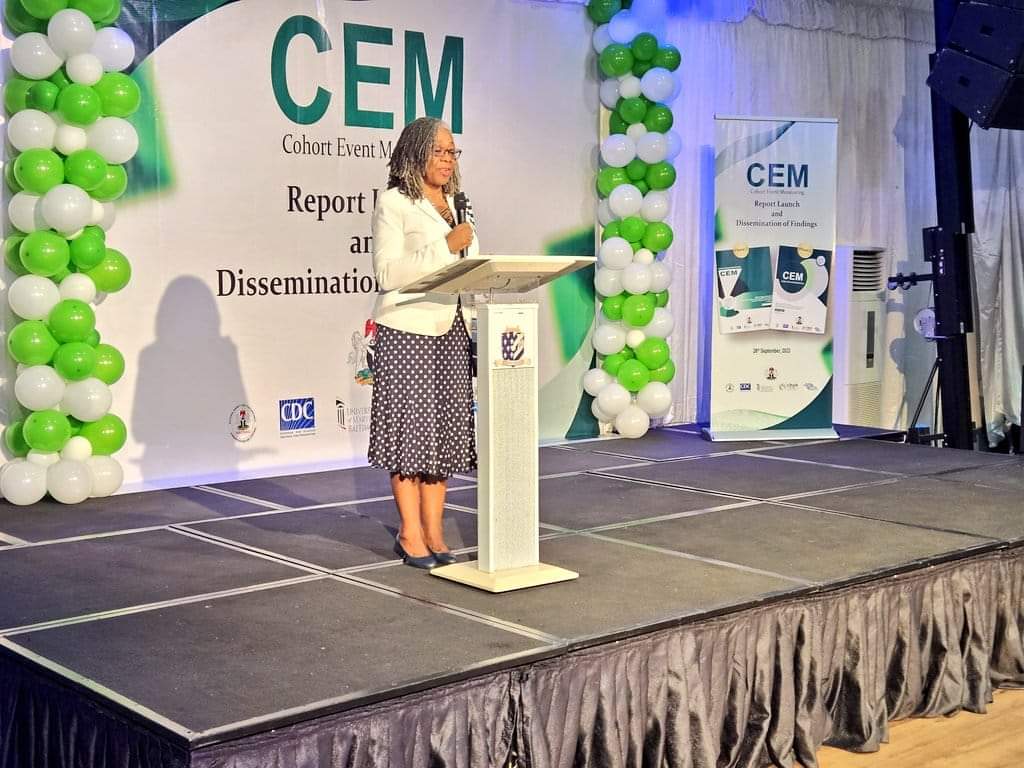University of Maryland Releases Safety Report on COVID-19 Vaccines in Nigeria

In a significant development, the University of Maryland, Baltimore, in collaboration with NAFDAC and funded by CDC and The Task Force for Global Health, has unveiled the findings of its Cohort Event Monitoring (CEM) study on COVID-19 vaccines in Nigeria. The study, aimed at assessing vaccine safety, particularly in adults aged 18 and above, offers valuable insights for regulators, immunization programs, and the general public.
The Cohort Event Monitoring (CEM) study, a joint effort between the University of Maryland, Baltimore, and Nigerian regulatory agency NAFDAC, with financial support from CDC and The Task Force for Global Health, was conducted to closely monitor the safety of COVID-19 vaccines administered in Nigeria.
By collecting data on adverse events experienced by adults who received approved COVID-19 vaccines, the study aimed to characterize the adverse event profile. Specifically, it sought to estimate the incidence of medically attended events (MAEs), serious adverse events (SAEs), and adverse events of special interest (AESIs) following vaccination.
The findings of this comprehensive study are expected to provide reassurance regarding the safety of the COVID-19 vaccines. This data will be crucial for regulatory authorities, immunization programs, and the public in making informed decisions about vaccination. Additionally, it will support further investigations into any potential causal relationships between observed adverse events and the vaccines.
This report launch and dissemination event marks a significant step in ensuring the safety and efficacy of COVID-19 vaccination efforts in Nigeria and beyond.

